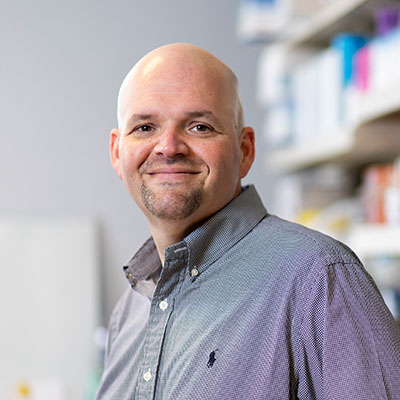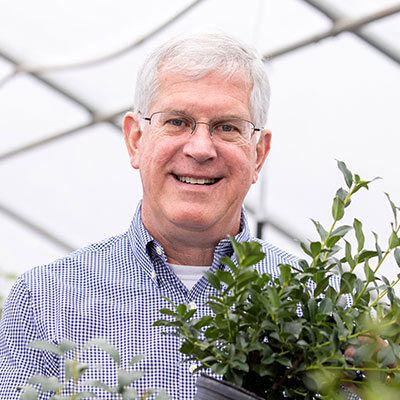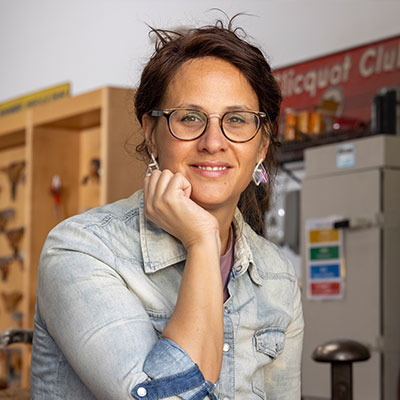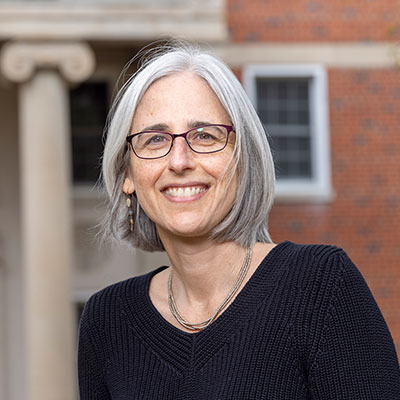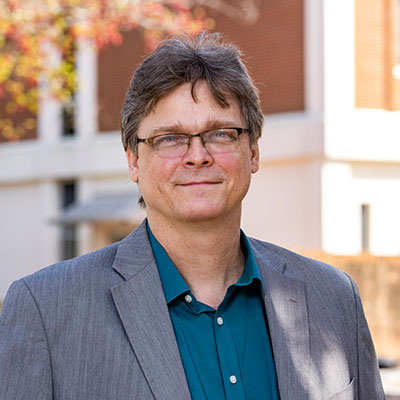Brandon Rotavera
Fred C. Davison Early Career Scholar Award 2021

Brandon Rotavera, an assistant professor with appointments in the College of Engineering and the Department of Chemistry, conducts fundamental studies to advance scientific objectives related to sustainable transportation energy for next-generation combustion systems and climate change. His research program bridges experimental measurements with computational modeling to solve basic science questions, including how reactions of new biofuels differ from those of conventional hydrocarbons, to understand how ignition occurs and how pollutants form during combustion. He has developed unique experimental spectroscopic methods to measure important chemical species and is a rising authority in the field of chemical kinetics and combustion, particularly biofuel oxidation. His research is transforming basic understanding of the gas-phase physical chemistry of biofuels and their impacts on combustion and atmospheric chemistry. His group aims to provide fundamental science to further advance the development of engines that operate in “low-temperature combustion” mode, which provides increased efficiency and reduced pollutant emissions.

